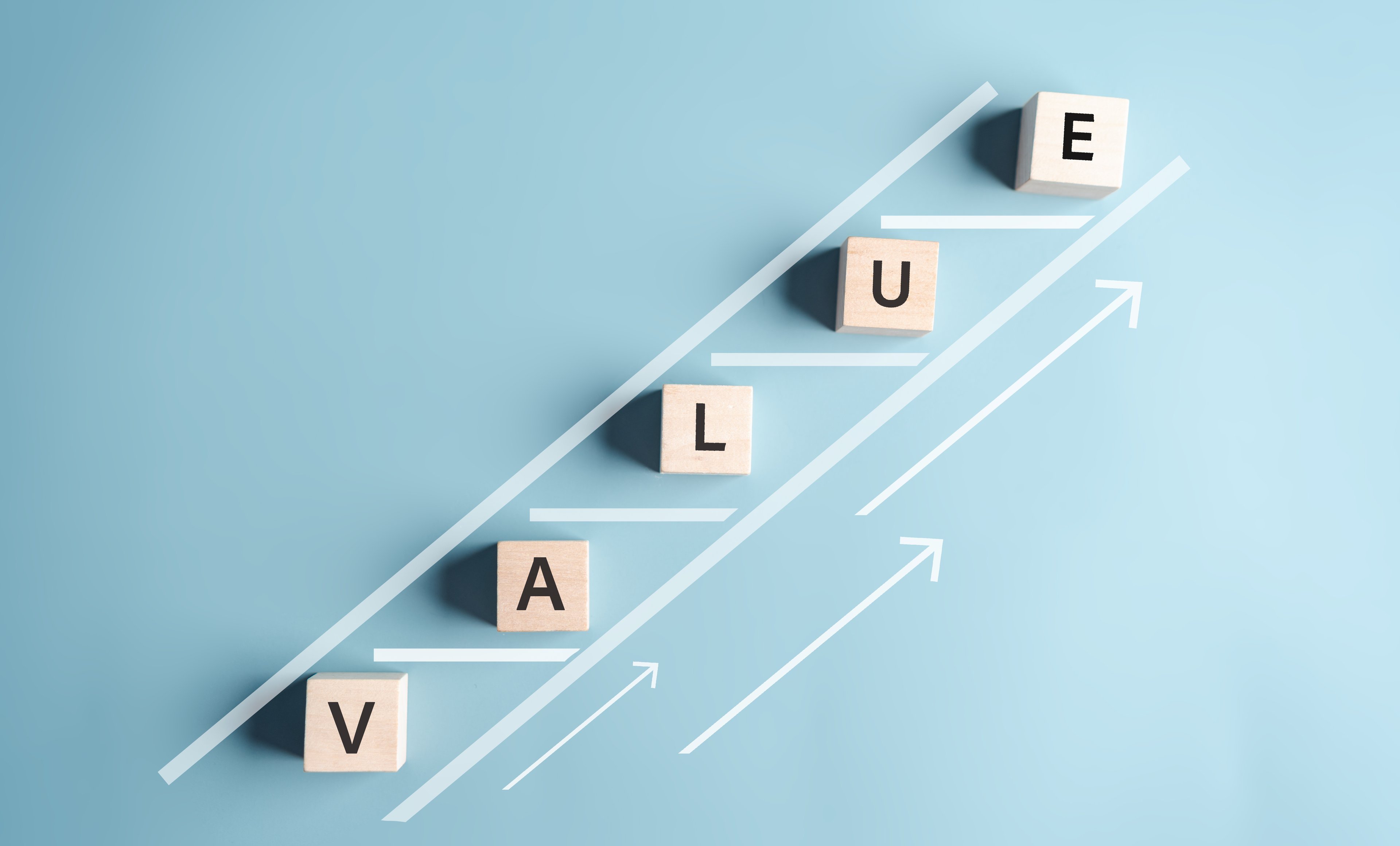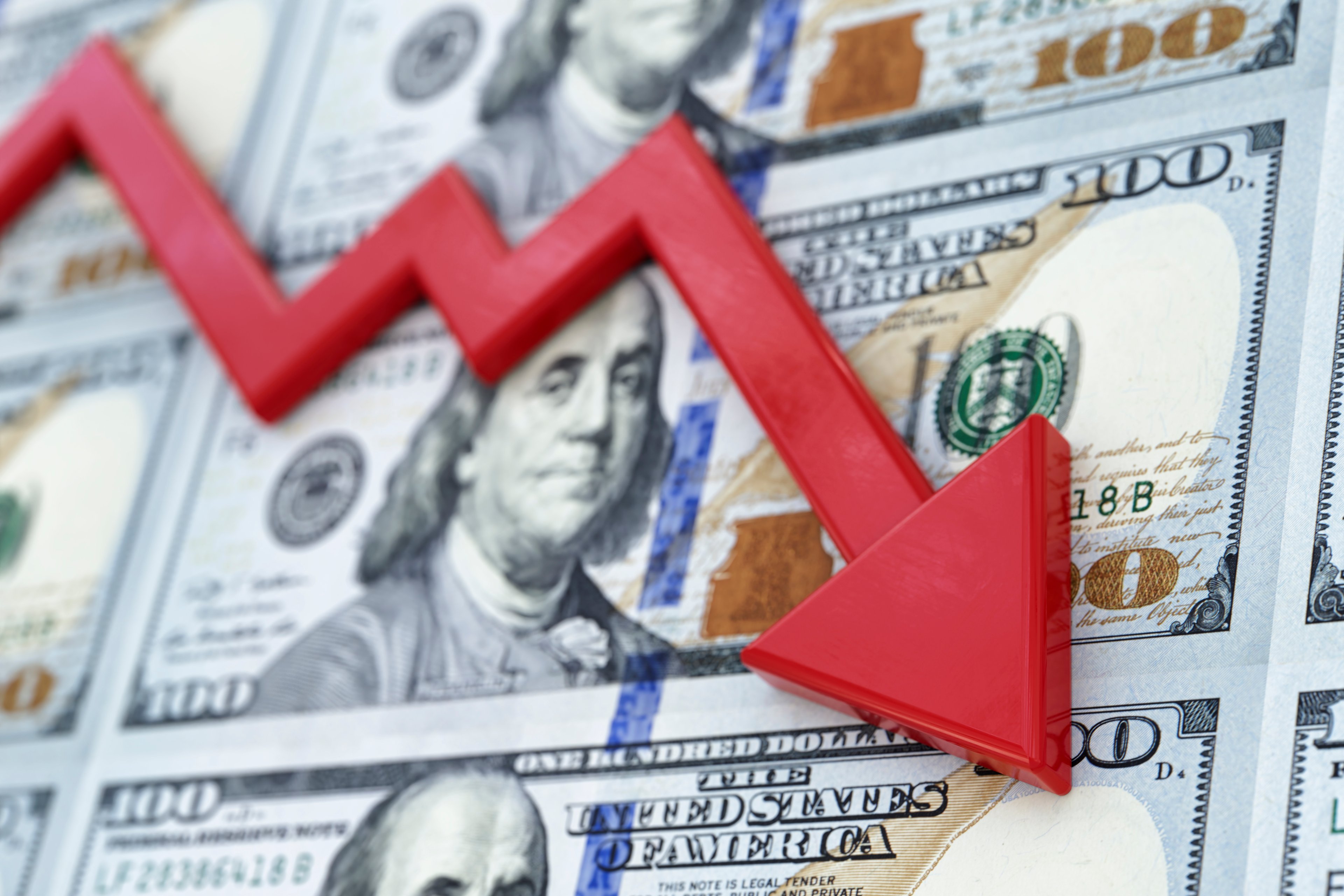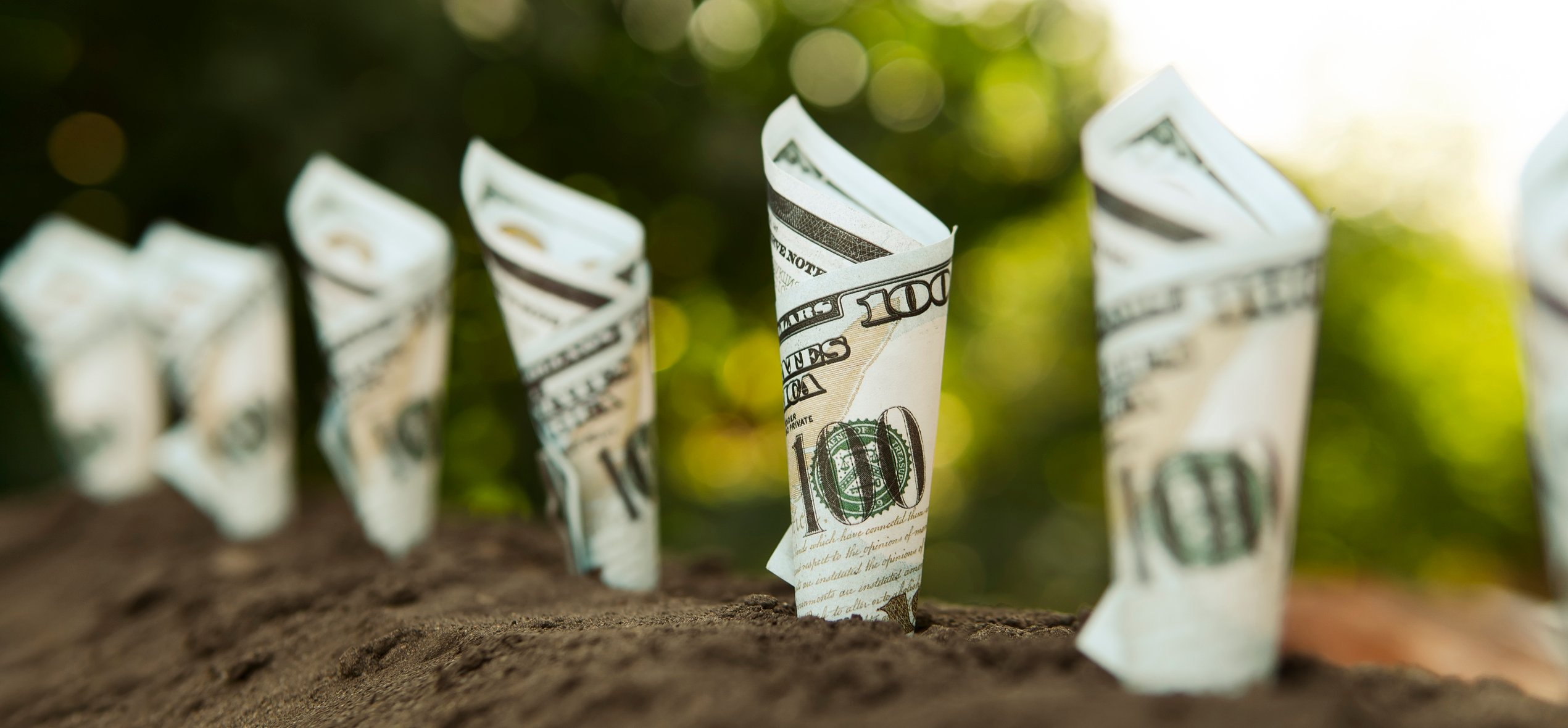Over the past two years, Berkshire Hathaway (BRK.A 1.42%) (BRK.B 1.24%) has sold a lot of shares from some of its top stock positions while boosting its cash holdings to record highs. That trend, along with the conglomerate's decision to pause buybacks of its own stock in 2024, suggested that in Warren Buffett's view, the market was getting overheated.
Buffett has long advised investors to "be fearful when others are greedy," and there seems to be a lot of greed priced into the S&P 500 today -- it's trading at a historically high price-to-earnings ratio of 30. However, even as the broader market's valuations soared and Buffett became a net seller of stocks, he and his team still increased Berkshire's exposure to a few underappreciated companies.

Berkshire Hathaway CEO Warren Buffett. Image source: The Motley Fool.
One of them was Chubb (CB 0.66%). Berkshire initiated a position in the American-Swiss insurance giant in the third quarter of 2023, and it continued to accumulate the stock in the first half of 2024. Today, that position is worth $7.4 billion, which gives it a 6.8% stake in the company and accounts for 2.5% of Berkshire's equity portfolio.
Chubb isn't an exciting stock, but it's a cheap evergreen play that should continue growing in bull and bear markets. Let's see why it could make you richer over the long term.

NYSE: CB
Key Data Points
What does Chubb do?
Chubb, which is based in Zurich, Switzerland, employs about 43,000 people and operates in 54 countries and territories. It's the world's largest publicly traded provider of property, supplemental, health, and casualty insurance policies. It was known as ACE Limited until 2016, when it acquired the original Chubb and adopted its brand as the name of the combined company.
Big insurance companies are well insulated from macroeconomic headwinds because even when consumers and businesses need to cut their spending, they don't generally cancel their insurance policies. Chubb has also been growing rapidly outside of the U.S., where it generated 43% of its revenue in 2024.
That's why Chubb's consolidated net premiums consistently increased over the past six years -- even as the COVID-19 pandemic, inflation, rising interest rates, geopolitical conflicts, trade wars, tariffs, and other macro headwinds rattled the global economy. Most of its revenue still comes from its core property and casualty (P&C) insurance policies.
|
Metric |
2019 |
2020 |
2021 |
2022 |
2023 |
2024 |
|---|---|---|---|---|---|---|
|
Consolidated net premiums growth |
5.5% |
4.8% |
12% |
10.3% |
13.5% |
8.7% |
|
Core operating income* per share growth |
7.1% |
(27.7%) |
7.8% |
21.3% |
48.5% |
(0.1%) |
Data source: Chubb Limited. *Net of tax.
Chubb's combined P&C ratio -- which is calculated by adding its total claims (losses) to its expenses, dividing that total by its premiums earned, and multiplying that figure by 100 -- came in at 86.6% in 2024. An insurance company's P&C ratio must stay below 100% for its business to remain sustainable (since its paid claims shouldn't exceed its premiums earned), and Chubb's ratio remains far below the U.S. P&C insurer's industry average of 96.6%. That low ratio reflects Chubb's prudent approach toward insuring its customers and processing its claims. It has also been using more AI services to further streamline and automate that process.
Chubb's core operating income per share dipped slightly in 2024, but that was only because the 2023 figure was boosted by a one-time tax benefit. From 2024 to 2027, analysts still expect its earnings per share (EPS) to grow at a compound annual rate of 8%. That's a solid growth rate for a stock that trades at 12 times earnings. It also pays a dividend with a forward yield of 1.4% at the current share price, and its low payout ratio of 16% gives it ample room for future hikes.
How Chubb could make you richer over the long term
Chubb stock won't generate huge gains in the next one or two years, but it should grow gradually. Assuming the company matches analysts' consensus estimates, continues to grow its EPS at a compound annual rate of about 8% from 2027 to 2035, and trades at a more generous 15 times forward earnings by the final year of that period, its stock price could nearly triple to more than $800 in a decade. That's probably why Buffett stayed bullish on Chubb even as he pruned many of Berkshire Hathaway's other stock positions.







